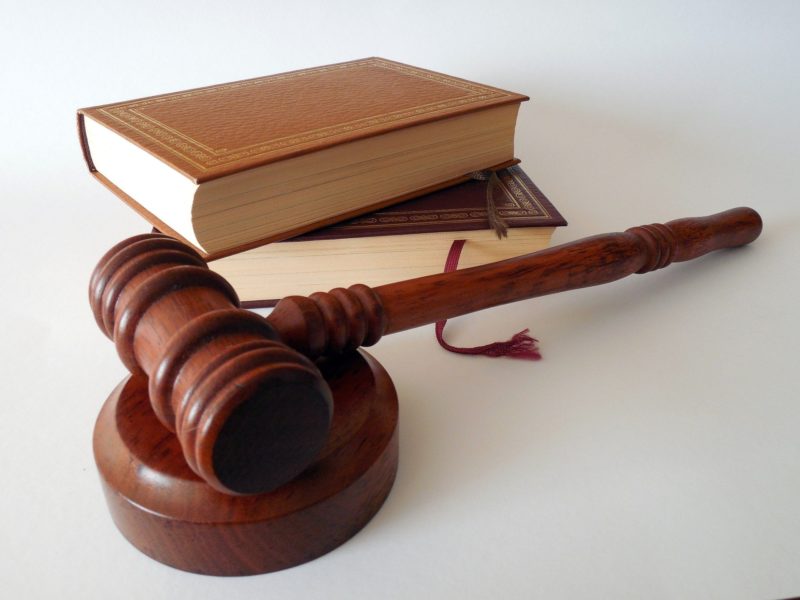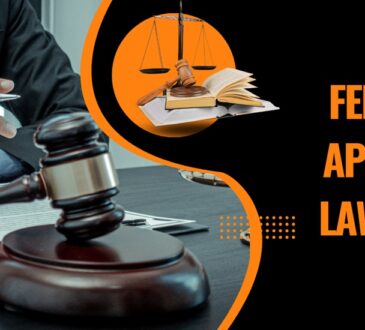
Owners of the property, or even the non-owner inhabitants, are responsible for maintaining a reasonably safe environment to prevent injuries to visitors. The legal term for this duty is “premises liability,” and it makes both property owners and occupants answerable for mishaps and injuries sustained there. A slip and fall on a crowded sidewalk or an accident sustained on an amusement park ride are examples of the kinds of situations that may give rise to a premises liability claim. For instance, if a package delivery courier slips and falls on an oil spill in your driveway, he or she may sue you for damages; however, if the courier acted recklessly or you had no control over the premises, the claim may not be admissible.
You will learn more about how liability is established based by indiana premises liability lawyer on the following factors:
- The visitor’s legal status;
- The property’s condition and the actions of both the owner and the visitor;
- Whether the injured party is a child or a trespasser;
- When both the owner and the visitor are at fault for an injury; and
- Landlord-specific rules.
Please be aware that the laws and procedures of the state where the harm happened decide liability. In some jurisdictions, the court will consider the visitor’s status while determining culpability. In other states, attention will be paid to the state of the property as well as the owner’s and visitor’s actions. The totality of the circumstances will often be taken into account. It’s also crucial to keep in mind that, in many circumstances, the individual inhabiting a property, such as an apartment tenant, is handled in the same way as the proprietor.
Visitor’s Status in the Law
There are typically four possible labels that may apply in jurisdictions that simply consider the status of the visitor to the property: invitee, social guest, licensee, or trespasser.
- A person who is invited onto another’s property, such as a customer in a store, is referred to as an invitee. This invitation typically suggests that the owner or possessor of the land has made a fair effort to ensure the security of the area.
- A licensee who is there with the owner’s permission enters a property for his own use or as a guest.
- A trespasser enters without any permission of any kind. • A social guest is exactly that, a welcome visitor to the property. There is no implied warranty that reasonable care has been taken to ensure the security of the property in the case of licensees or trespassers.
If you want to hire a premises liability, please visit Stracci Law Group.




